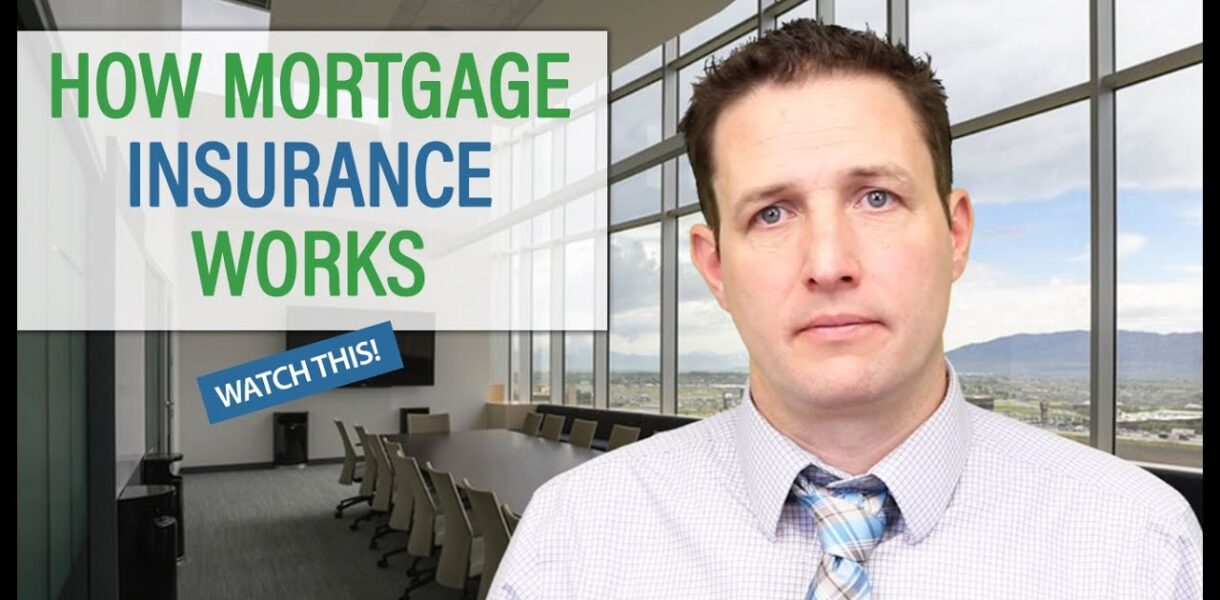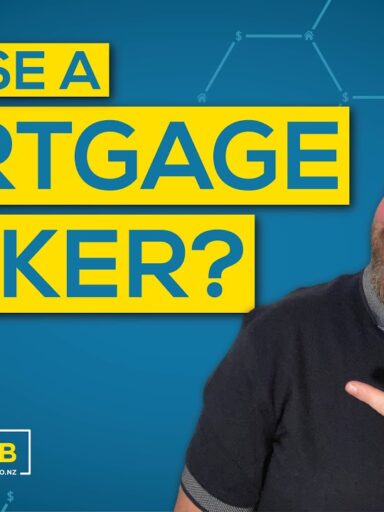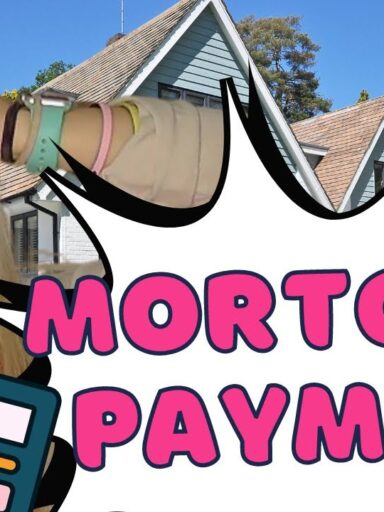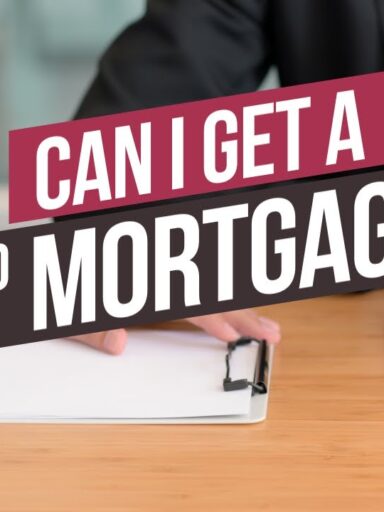The mortgage insurance industry is a massively profitable one, with billions of dollars of policyholders and a long track record of providing value for investors and lenders. Mortgage insurance is a vital piece of financial infrastructure that protects mortgage lenders and investors in mortgage-backed securities. Private and public mortgage insurance programs both help protect the interests of investors and lenders. Although they aren’t ideal, mortgage insurance is a necessary part of mortgage lending.
Private mortgage insurance (PMI)
While private mortgage insurance increases the overall cost of your mortgage, it also protects the lender. It has several benefits, though, including lowering your monthly payments and allowing you to obtain a mortgage without having to put down 20% of the purchase price. For some buyers, it may even be more advantageous to buy mortgage insurance than pay rent, as it gives them the opportunity to become a homeowner and build equity. If you are considering mortgage insurance, read on to learn more about its benefits and disadvantages.
PMI is often required on home loans with less than 20% down payment. Though it protects the lender in the event of default, it does not protect the homeowner from foreclosure. It’s a common way to buy a home for people who may not have 20% of their own money to put down. PMI providers coordinate with lenders to provide the terms of the loan before closing. A lender can also cancel PMI without penalty if the borrower reaches 20 percent equity or meets certain terms.
PMI can increase your monthly payment and closing costs. While mortgage insurance protects lenders in the event of default, it provides little protection for the borrower. In most cases, it is worth paying for a larger down payment in order to avoid PMI. Further, there are strict criteria for cancellation of this policy. And while you can’t shop around for PMI, there are several other benefits. Private mortgage insurance can help you qualify for a conventional mortgage loan.
PMI costs vary, but the amount of coverage is similar to BPMI. It is usually $30 to $70 per month for every $100,000 borrowed. LPMI automatically terminates when a borrower’s principal balance reaches 78% of the home’s appraised value. PMI may be necessary for people with high debt-to-income ratios because of its higher interest rates. If you do decide to cancel PMI, be sure to consult your lender about its terms.
In addition to lowering monthly payments, PMI can also help you raise your credit score. PMI premiums can be as low as 0.22%, and as high as 2.25%, depending on your loan type and down payment. You may have to pay the full amount upfront, or the mortgage lender can charge it as a monthly fee. You should also clear your credit card balances 60 to 90 days before applying for a mortgage. A 20 point jump in your credit score will save you a substantial amount on your PMI premium.
PMI can help you avoid paying for the mortgage until you have 20% of the down payment. However, this option may not be right for everyone. If you have a large down payment, you may want to wait until you have 20% of the purchase price. You could also opt for split-premium mortgage insurance, or buyer-paid mortgage insurance. This way, you can cancel your PMI policy at 80% of the loan balance.
Federal Housing Administration mortgage insurance (FHA)
You must be a reasonably well-qualified borrower to qualify for an FHA mortgage. The insurance backed by the government helps make FHA loans more affordable and available to those with less than perfect credit. You must meet certain criteria to qualify, which will depend on your credit score, debt-to-income ratio and income. The following guidelines can help you apply for an FHA mortgage. The mortgage insurance that is provided by the Federal Housing Administration will help protect your interest and the mortgage.
The FHA does not directly fund mortgages, but instead runs a mortgage insurance premium program to protect lenders that make FHA home loans. One of the many benefits of an FHA loan is its low down payment and flexible terms. Another great feature is that you can use a gift from a relative or seller to help cover the closing costs. And even if you can’t afford the full down payment, FHA adjustable-rate mortgages can help you buy the home of your dreams.
The upfront mortgage insurance premium for an FHA loan is 1.75 percent of the loan size. Borrowers pay this premium at closing, which is called the upfront mortgage insurance premium (UMIP). The upfront MIP payment isn’t paid in cash; instead, it’s added to the total loan amount. There are two types of MIP: the Annual and the Monthly. You’ll also pay the Monthly MIP, which is part of your monthly mortgage payment. The upfront mortgage insurance premium is the smaller of the two types of mortgage insurance.
The FHA has many regulations regarding loan eligibility, but it is generally easier to qualify for than conventional financing. Eligibility for an FHA loan depends on the lender you choose and your qualifications. While HUD’s minimum requirements for FHA mortgages seem lenient on paper, lenders usually impose more stringent criteria. For this reason, borrowers with marginal qualifications may have to shop around for the best deal. However, it is important to know that FHA mortgage insurance is not as difficult to qualify for as conventional mortgages.
The FHA re-estimates the credit subsidy rate each year. This estimate is based on updated economic projections and the performance of FHA-approved lenders. The upfront premium had been the highest permitted by law until early April 2010, when FHA changed its rules. Since then, the upfront premium has fluctuated between the current level and the previous year’s level. However, the original credit subsidy rate is negative, while the re-estimates have been positive. In other words, the premium is lower than the actual value of the loan.
While borrowers with delinquent FHA mortgages are likely to experience some difficulty in making their monthly payments, they may still qualify for mortgage insurance. Higher rates of delinquency are associated with a higher risk of foreclosure. However, these are not always the result of foreclosure. In many cases, delinquency rates do not lead to foreclosure. However, the higher delinquency rates will result in more FHA claims, so you should be sure to research your mortgage insurance options.
Conventional mortgage insurance (conventional)
Mortgage insurance is required for borrowers who put less than 20% down on a home. Mortgage insurance is required for conventional loans as well as for jumbo, VA, and USDA loans. Different types of insurance may have different fees and payments, so it is important to understand the options before signing on the dotted line. Here are a few things to consider when deciding on mortgage insurance. The mortgage insurance payment you make will be higher if your loan balance is lower than 20%.
First, it is important to understand that the government sets the maximum loan amounts that can be obtained with a conventional mortgage. Generally, a borrower must have a credit score of at least 620. A higher credit score may qualify you for lower mortgage rates. In addition, the amount of annual mortgage insurance you must pay may affect the overall cost of your loan. Fortunately, you can lower your mortgage insurance cost by shopping around.
Moreover, the down payment requirement is a crucial factor in determining the amount of mortgage insurance that you will need to take out. While the government is not required to back conventional loans, it is still essential for those with less than 20% of equity. Conventional mortgage insurance rates will vary widely depending on the credit score of the consumer, the loan-to-value ratio, and the type of property. When comparing mortgage insurance rates, a well-educated lender can explain the advantages and disadvantages of different private mortgage insurance policies.
It is important to note that FHA and USDA mortgages have loan limits. In addition, the FHA loan limit is only $420,860 in low-cost areas. In expensive markets, the limit is $970,800. The FHA mortgage insurance limit is $647,200, and mortgages higher than this are considered “jumbo loans.” Moreover, it is important to note that FHA mortgage insurance cannot be cancelled if the borrower makes a 10% down payment or reaches 20 percent equity.
Compared to government-backed loans, conventional loans provide borrowers with flexibility. You can choose between 15, 20, 25, and 30-year loan terms. Some lenders even offer a 10 year conventional loan, although the shorter loan term will mean a higher monthly payment. For first-time buyers, however, this type of loan may be the best option. Because it does not require mortgage insurance upfront, it can be more affordable to buy a home.
Whether or not to buy conventional home loans depends on your debt-to-income ratio (DTI). DTI is the ratio of your monthly debts to your monthly gross income, including your mortgage payment. Most lenders recommend a DTI of at least 36%, but there are exceptions. A fixed rate loan will lock you into today’s interest rates for the life of your loan. It will also keep your monthly payments steady.



